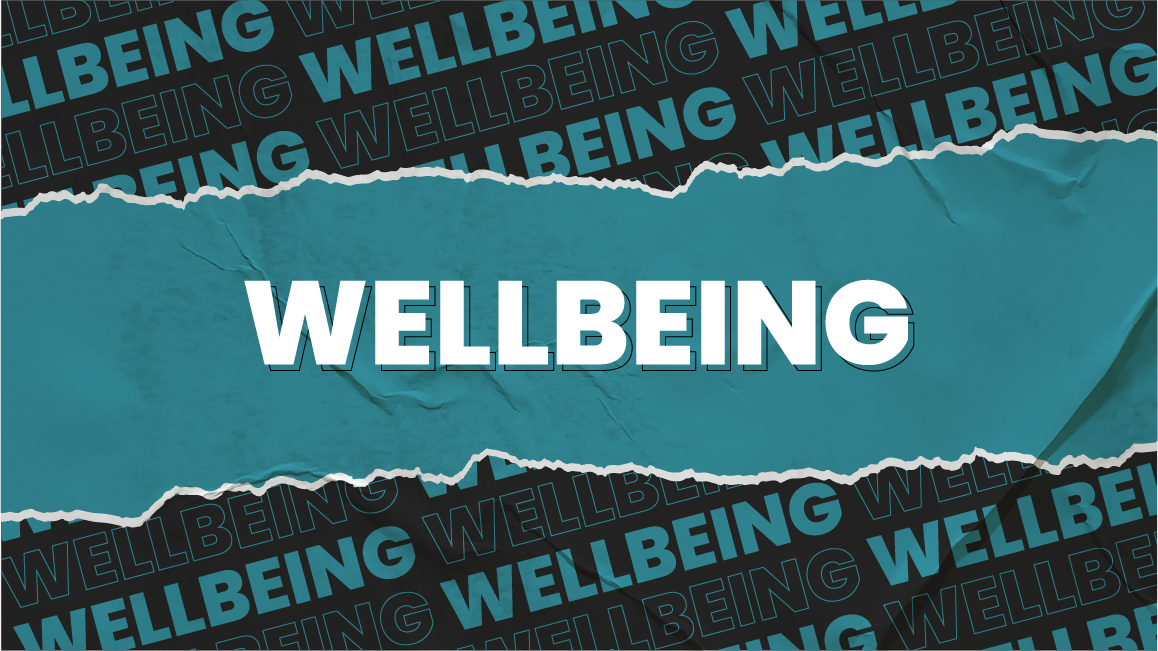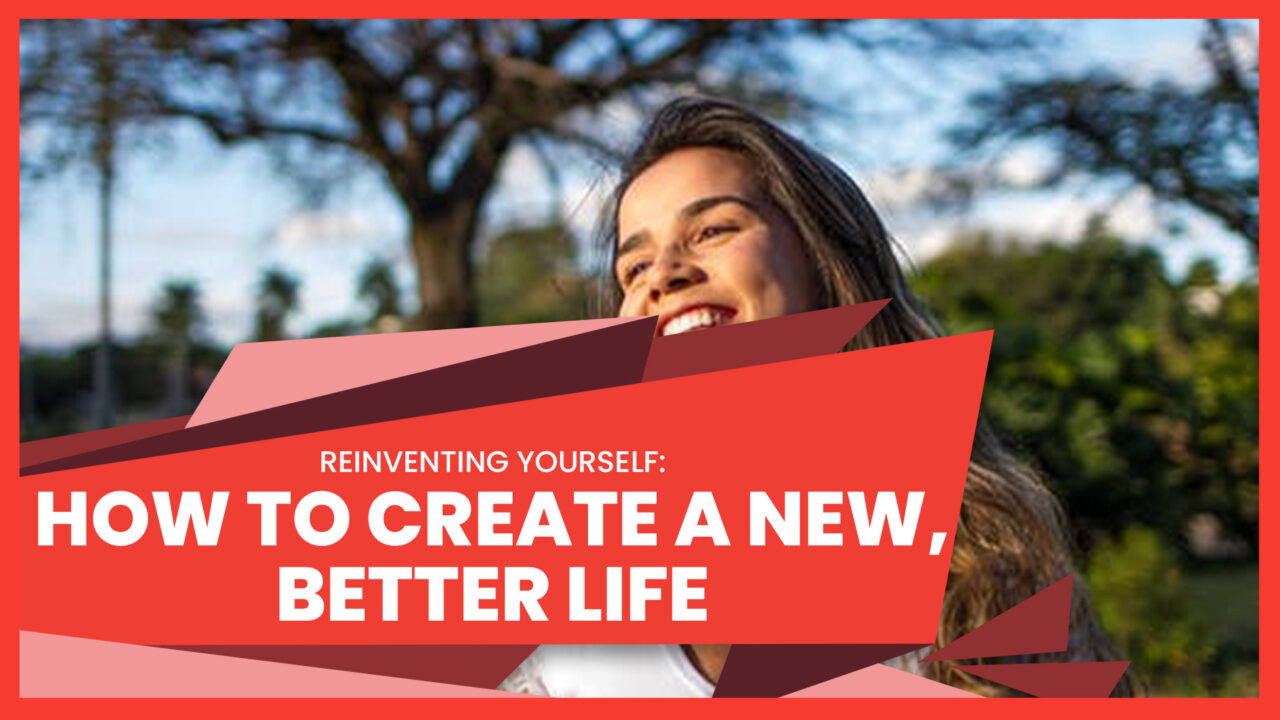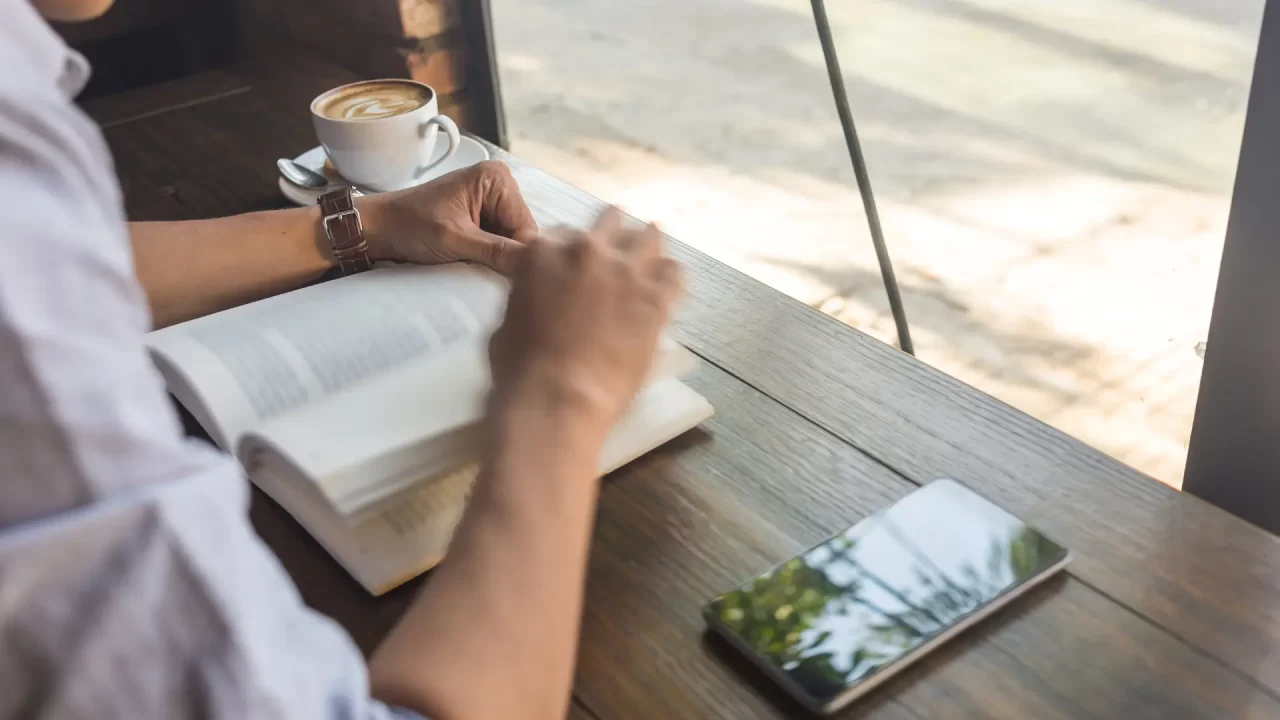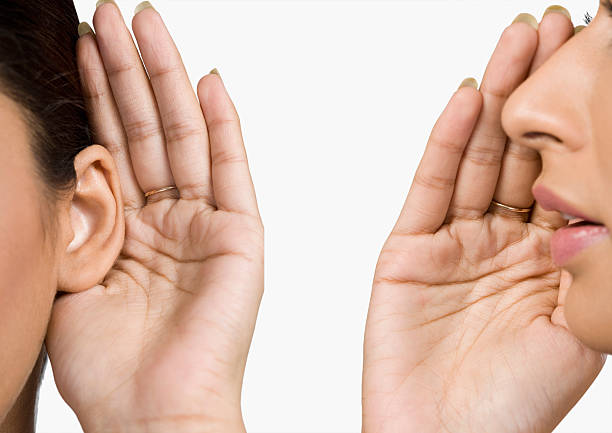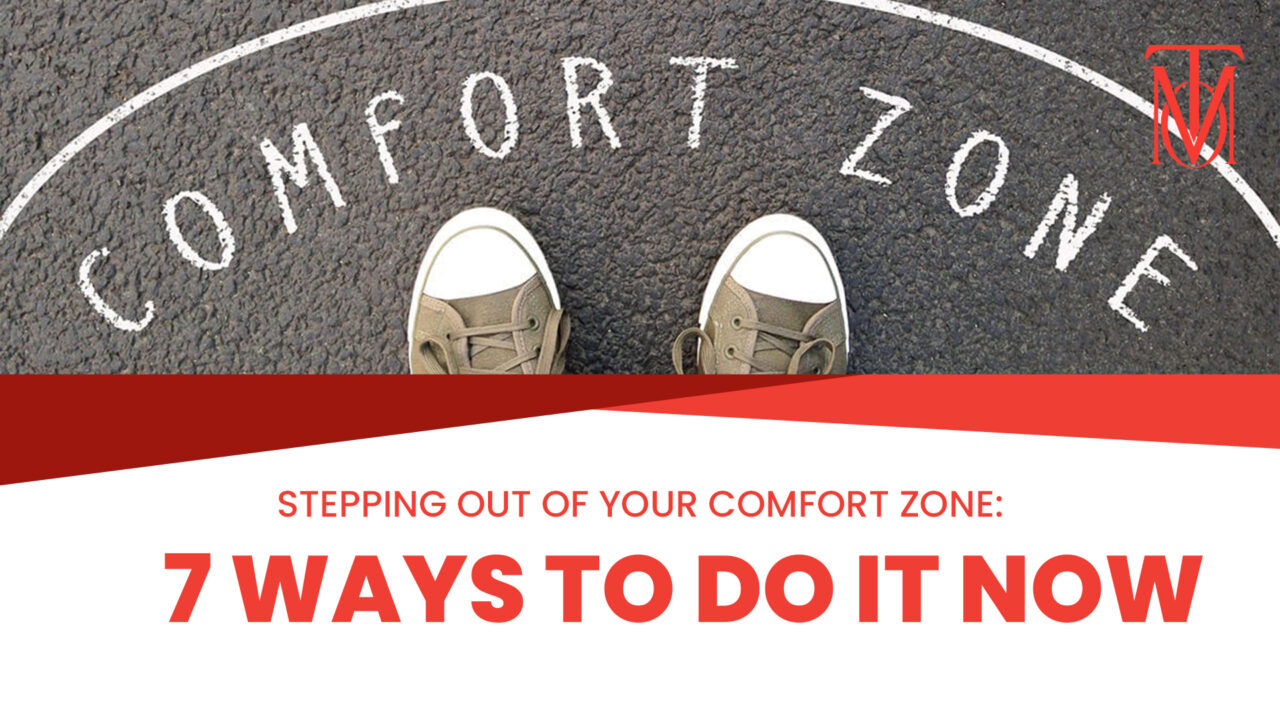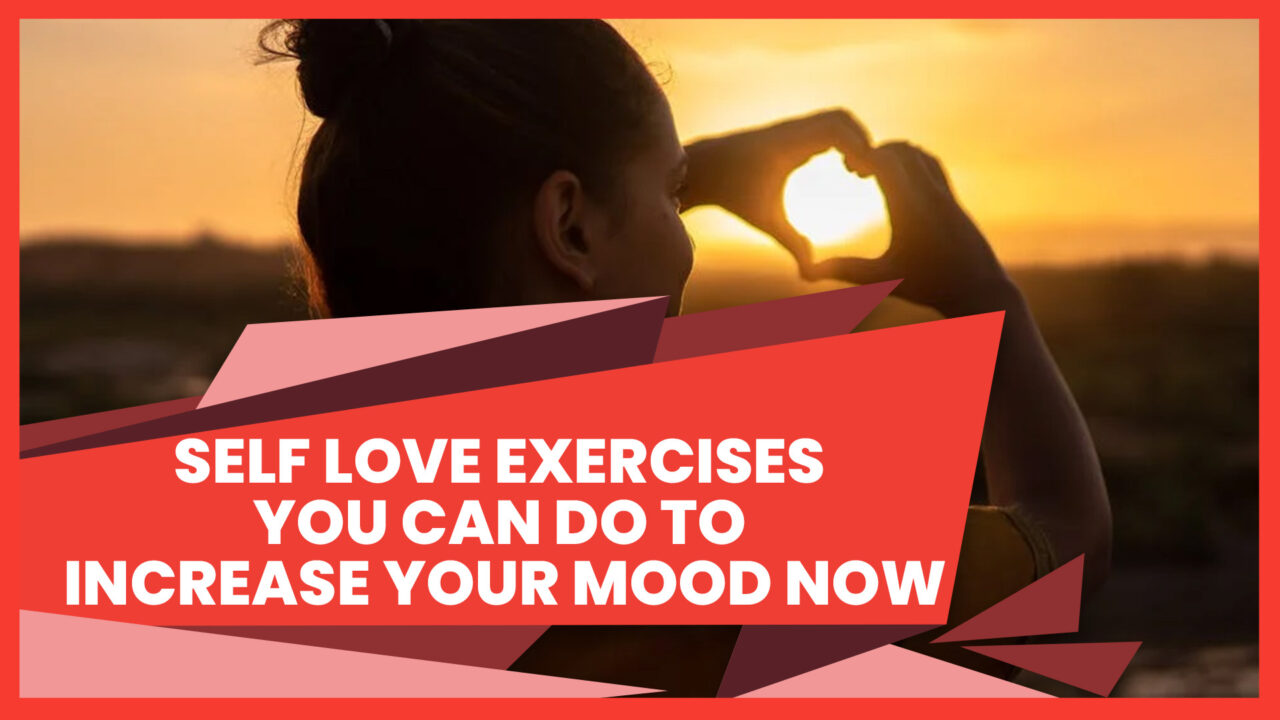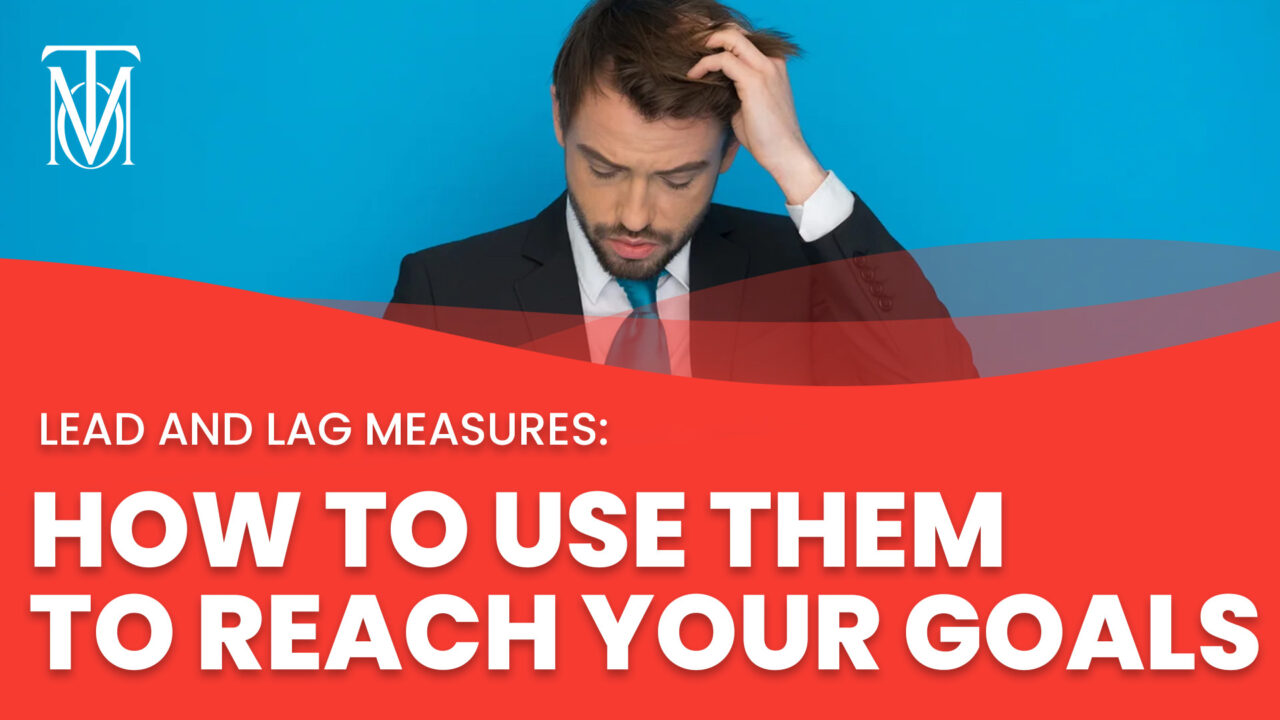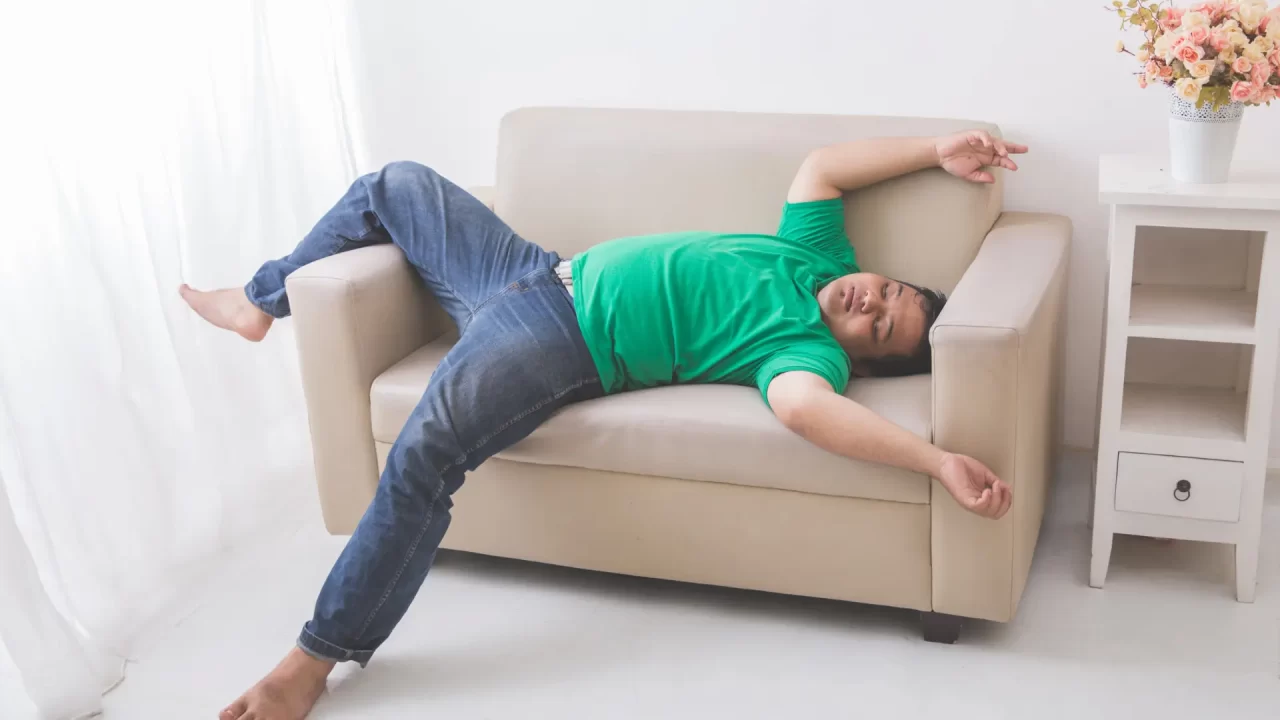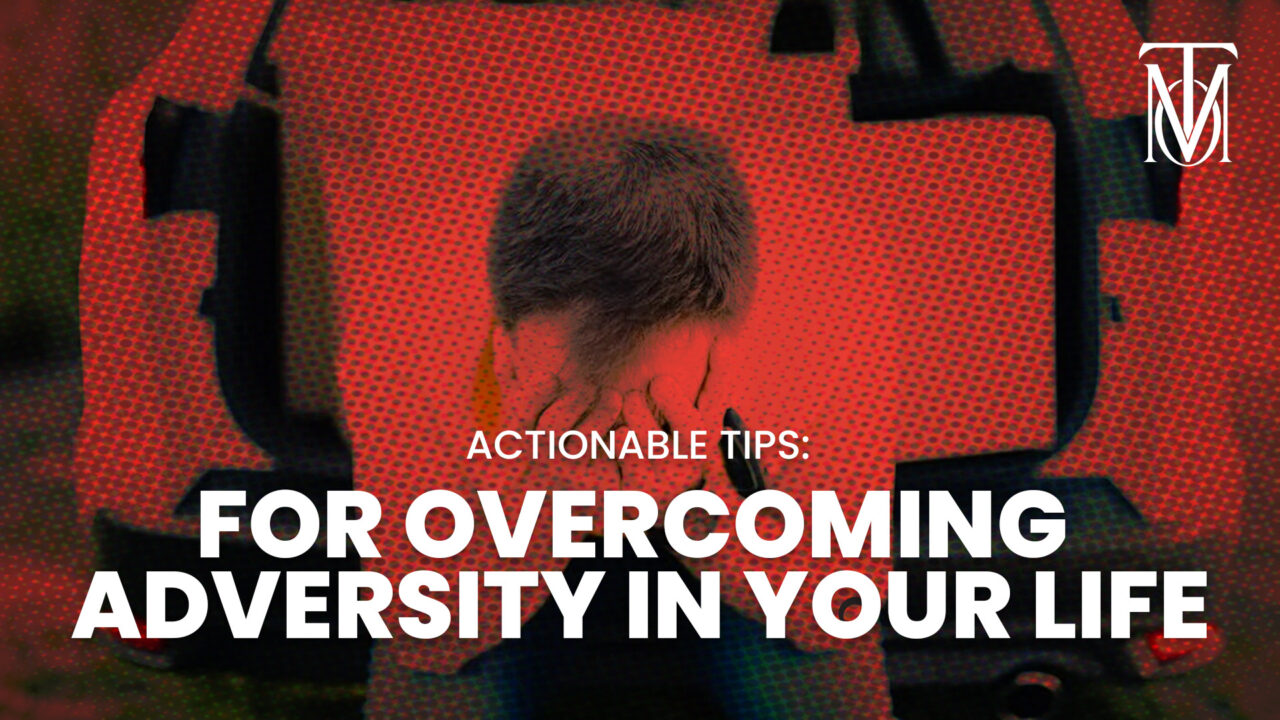Breaking habits are not a walk in the park. Taking out unwanted habits is a tough thing to do as there are so many reasons why we want to stay stuck with an old habit.
Some of us over-commit and procrastinate, some of us feel the pressure from our spouses or bosses to do work that doesn’t interest us, and others simply lack the willpower to overcome their addiction problems.
Breaking bad habits can be a handful without a proper guide. This article will serve you with five helpful tips to stop the bad habit loop that influences your daily life.
What Does Breaking A Bad Habit Mean?
To “break bad habits” implies to cease doing anything that has become a behavioral pattern, particularly if these are undesirable or harmful habits.
The truth is that one way to eliminate habitual behaviors is to replace them with new habits.
How Long Does It Take To Fully Break A Bad Habit?
The process of overcoming an addiction and making a new routine takes 21 days.
It may take around 21 days of deliberate and regular effort to build a new habit, but psychologists say that it takes far longer to eliminate old habits once it has been developed.
For example, an individual wants to quit smoking after 40 years, and cultivate good habits for his health.
But after a few weeks, his conscious behavior faces a crisis when his innate urge to smoke conflicts with his new habits form.
In short, it takes a lot of trial and error until new habits dominate the old ones.
What Is The Process Behind Habits Development?
- Reminder: This is a trigger, and it might be anything from intentional action.
- Routine: This pertains to the conditioned response or behavior itself.
- Reward: One further factor that contributes to a behavior becoming a habit is the reinforcement it provides.When you engage in an activity that pleases you or alleviates tension, your brain may reward you by releasing a chemical called dopamine.
What Are The Benefits Of Breaking Bad Habits?
The first phase in addressing the underlying problems that need to be corrected is to determine the particular circumstances that lead up to the recurrence of a bad habit.
Identifying these elements is the first and most important step.
This is a fantastic strategy for establishing a standard for more constructive and advantageous ways of behaving.
How Can You Break Harmful Habit?
Habits may have a positive effect on our efficiency, health, and happiness, but they can also have a detrimental effect.
But here’s the good news: because our minds create our habits, all it takes to break bad ones is to learn how to talk to our brains differently.
You can do it in one simple step! Here are the five ways to end the curse of bad habits:
Discover The Root Of Problematic Behavior
Understanding the origin of your behavior is simpler than you would think. To our surprise, we found that the mechanisms behind the vast majority of our routines could be reduced to a simple formula.
Scenario: You’re not getting enough shut-eye and realize you need to quit the habit of checking your phone and go to bed earlier.
If you turn off a light immediately before night (the cue), check your phone and read through your feed (the habit), and then feel socially connected (the reward), make a note of it the next time it occurs.
Examine your actions after several occurrences to identify any tendencies.
You’re onto something if you find yourself checking your phone every time you turn off a light (the cue) or if you realize that doing so gives you a sense of social gratification (the reward).
Understanding your problematic behaviors via diagnosis may lead to the discovery of viable replacements (more on this in a minute).
Through this realization, your habit will shift from being an unconscious routine to purposeful action.
Transform Your Surroundings

To stop a habit, you must first identify the “cue” that sets it off. The cue is the first trigger for your habit; without it, you wouldn’t think to do the pattern in the first place.
The evidence is in the pudding, as they say: studies show that students who move to a new institution are more likely to adopt a new behavior than those who remain in the control group.
It would seem that a business trip or holiday is the optimal moment to attempt to kick a habit.
You won’t have to battle your natural inclinations while attempting to kick the habit if your brain isn’t presented with the usual temptations.
It will be much simpler to keep up the record once you’re back in your usual setting.
Discover A Suitable Alternative
The difficulty our thoughts and bodies have in completely breaking a habit is yet another factor why our brains have trouble understanding negative objectives.
When we encounter a cue and a desire for a reward, the habitual behavior is performed automatically.
You need to find something to do regularly to replace this bad routine.
Commit to following your new pattern each time a trigger or urge arises after you’ve established it.
Because this new routine will satisfy your brain’s needs, you won’t experience much in the way of negative physiological or psychological effects.
The further you keep doing it, the more your brain will associate the action with the desired outcome, and before long, it will be reflexive.
Modify An Optimistic Outlook On Your Goals
The ‘trigger’ has been discussed at length. Now we may move on to the next essential element of habits: the ‘routine.’
To review, the routine is the action that occurs when the cue is encountered; it is the habit that has to be broken.
When trying to break a bad habit, it’s common to see success as the absence of the habit.
We vow to eliminate our midnight munching, stop yawning on the job, and never again press the snooze button.
Treat Yourself Kindly
Likely, you won’t succeed perfectly the first time you try to quit a harmful habit. The greatest thing you can do if this occurs to you is to be kind to yourself.
Self-criticism has a damaging effect on your development and motivation since it might lead you to identify your goal with unpleasant feelings.
In a real sense, committing a mistake is a constructive step in your journey to breaking your bad habit — it’ll educate you on a valuable challenge about your behavior that will guide your plan.
You’ll likely be able to use this as a stepping stone to finally kick your habit for good after going through this.




